If you ever think about DIY-ing your own skincare products, stop thinking. We understand desperate times call for desperate measures. A quick search for “best home remedies for acne” will garner you thousands of search results. Interestingly, you can find most of the ingredients within the household. Viola! You think you found a quick fix and go off to bed waiting for the magical moment to happen in the morning. However, have you ever pondered whether these are good as it seems? Or does it actually brings more harm than good to your skin?
There are many DIY skincare ingredients that are harmful yet undiscovered and recommended by many. We will share with you ten harmful DIY skincare ingredients that are damaging to the skin which you should avoid.
1. Apple Cider Vinegar

Some blogs recommend using apple cider vinegar as a cleanser or toner for acne or hyperpigmentation. However, despite having many healthcare benefits, apple cider vinegar is not good for the skin. Apple cider vinegar is very acidic and can result in inflammation and burns even with just one usage. Other potentially harmful effects range from exaggerated sunburn, superficial chemical burn, depigmentation and permanent skin damage to its surrounding tissue.
2. Baking Soda
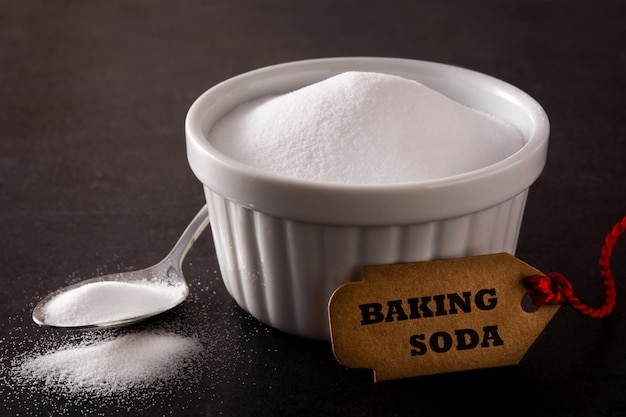
Baking soda, on the other hand, is extremely alkaline and will disrupt the pH level of your skin. With the pH level of skin being slightly acidic at 4.5-5, applying ingredients that are highly alkaline is more damaging to the skin compared to ingredients with high acidity. Your skin’s barrier will be disrupted, resulting in severe moisture loss and actual skin damage. Furthermore, with the continuous use of baking soda, it could leave to irregulate natural oil production.
3. Cinnamon
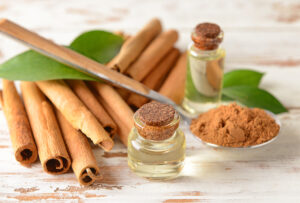
Despite cinnamon containing antimicrobial benefits and is used in wound healing, it is one of the more common spice allergies. You could be hypersensitive to the spice, leading to irritation, blisters and even burns. Moreover, cinnamon can further alter your skin’s pH level resulting in a disrupted skin barrier and water loss.
4. Coconut Oil
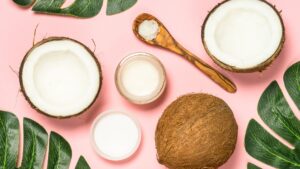
Everyone’s obsessed with this ingredient for its multitude of benefits ranging from hair, skin and health. However, do you know coconut oil is highly comedogenic? With a 4 out of 5 ratings on the comedogenic scale, meaning it guaranteed to clog pores and result in breakouts, blemishes and inflammation. You should therefore use coconut oil on your scalp or the rest of your skin but nowhere near your face.
5. Raw Eggs
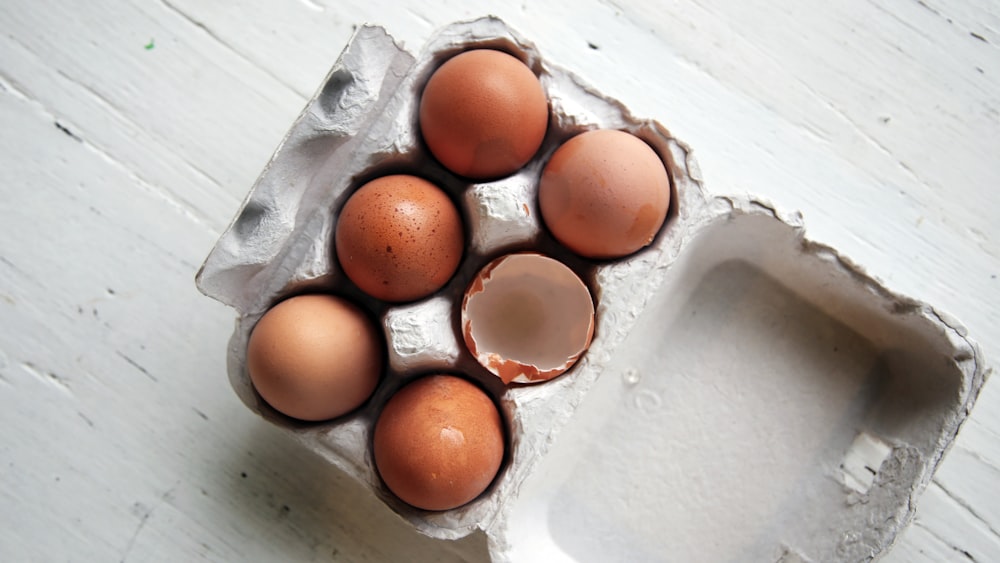
Your skin absorbs up to 66% of the products applied to it. Raw eggs, on the other hand, can contain salmonella bacteria resulting in food poisoning. You are at risk as nearly 80,000 cases of foodborne illnesses yearly are caused by eggs. You are to be mindful of ingredients that can be easily contaminated with bacteria and other foodborne pathogens.
6. Lemons or Lemon Juice

With its high Vitamin C properties, it is widely known for lightening freckles, age spots and reducing the appearance of fine lines and wrinkles. However, it is highly acidic resulting in inflammation, irritation and damaging of skin’s barrier function. Your skin will eventually be more sensitive to the sun and face an increased risk of sunburn, skin cancer and hyperpigmentation.
7. Mayonnaise
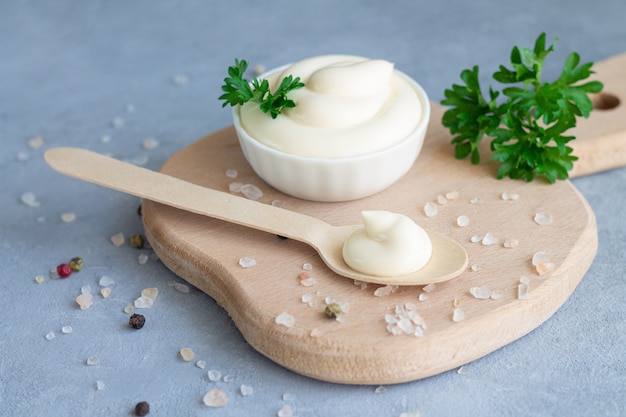
Good for the tastebuds but not for the face. Rubbing mayonnaise into your skin isn’t outright harmful, however, it constitutes mainly oil and fat. It will therefore result in clogged pores, bacteria growth thereby leading to a face full of acnes.
8. Sugar
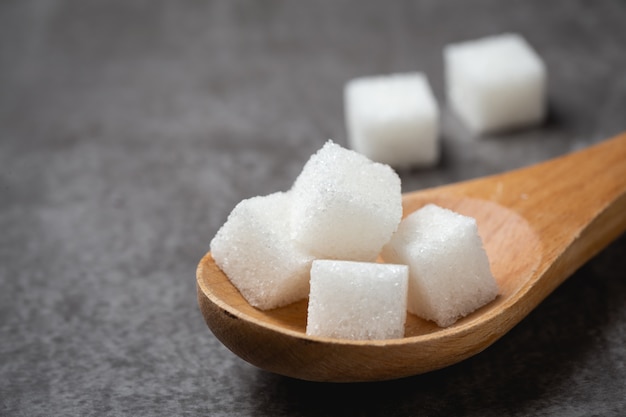
Sugar as a facial scrub is a terrible idea as even the finest granules are too rough for the face. Your skin will therefore experience micro-tears due to its jagged edges. It can eventually lead to blemishes, infections and prematurely ageing. Ditch the sugar as you’re doing much of the opposite of what you’re trying to do by exfoliating. Similarly, you should avoid other home scrub ingredients such as coffee grounds, sea salt and others.
9. Toothpaste
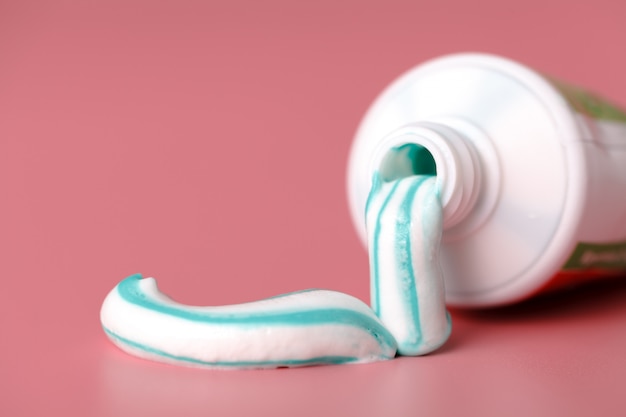
Proclaimed to be one of the worst DIY skincare ingredients! Toothpaste has high irritant ingredients such as peppermint extracts, peroxide, baking soda and alcohol. Despite it being able to bring down the inflammation temporarily, it will result in irritation and possible chemical burn. Worse, your skin will be at risk of marks, discoloration and drying skin after the acne faded off.
10. Witch Hazel

If witch hazel does not work for you, it might be that it has made it worse for you. Despite being a natural anti-inflammatory product, witch hazel can tear apart the skin’s hydrating layer resulting in dry and irritated skin if used in the wrong amounts. It might possibly also result in post-inflammatory hyperpigmentation. Witch hazel is not recommended for all skin types and is considered to be very astringent. Your skin sensitivity will increase and your acne will worsen in the long-term.
You are now more well-versed and mindful when applying products to your face. Do enough research and avoid harmful DIY skincare ingredients that might seem to bring about only short-term rewards. Understand that short-term gratifications do not equate to long-term results. Be patient with your skin, a little progress each day adds up to a big result!